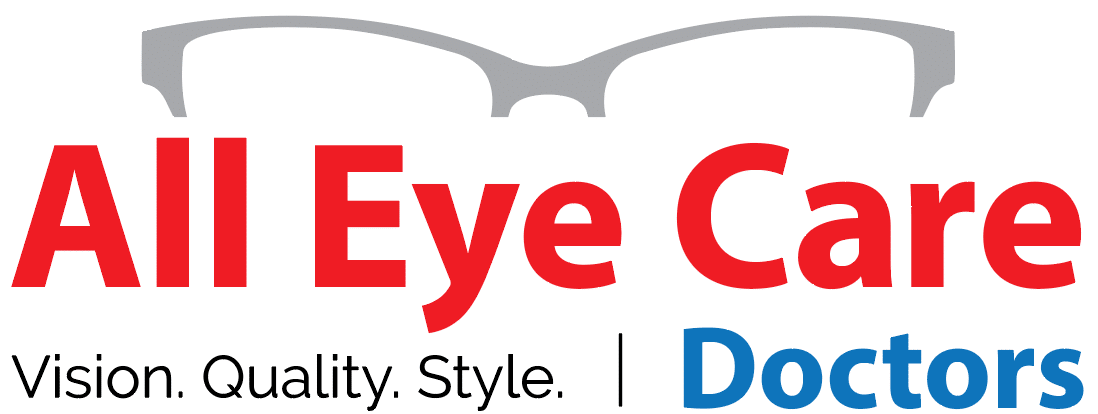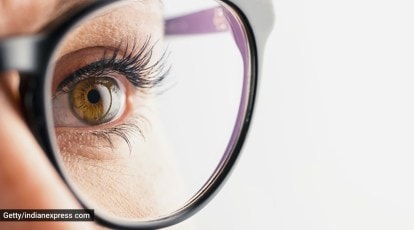Top Cardiologist in Andalusia: Expert Heart Care at Your Local Clinic
Wiki Article
Is Refractive Surgery Right for You? Elements to Consider for Better Eyecare
In the world of eye treatment, the choice to undertake refractive surgical treatment is a weighty one that requires thoughtful factor to consider. As individuals look for clarity and freedom from the constraints of rehabilitative lenses, many elements come into play when determining the viability of such a treatment. From the ins and outs of one's eye health and wellness to the intricacies of individual assumptions and everyday routines, each element holds value in the broader landscape of refractive surgical treatment candidateship. By assessing these crucial elements with treatment and accuracy, a clearer path towards educated decision-making arises.Eye Health Analysis
When thinking about refractive surgical treatment, a thorough eye health evaluation is essential to evaluate the viability of the treatment for each and every person. cardiologist andalusia. This analysis entails a collection of tests and assessments carried out by an eye treatment expert to determine the total health of the eyes, the visibility of any hidden conditions, and the stability of the refractive mistakeDuring the assessment, various variables are considered, such as the patient's case history, current eye prescription, corneal thickness, pupil dimension, and tear film top quality. These evaluations help to recognize any type of contraindications to refractive surgery, such as corneal irregularities, cataracts, or untreated eye infections. Furthermore, the examination helps to take care of individual expectations concerning the prospective results of the surgical procedure based on their special eye qualities.
Ultimately, the eye wellness analysis is vital in making sure the safety and efficiency of refractive surgical treatment, as it offers valuable understandings into the person's eye wellness status and assists figure out one of the most ideal therapy options for achieving optimum visual outcomes. (cardiologist andalusia)
Way Of Living Assessment
A thorough lifestyle evaluation is integral in figuring out the suitability of refractive surgical procedure for a person's visual modification needs. Way of living elements such as line of work, leisure activities, and daily tasks play a critical role in the decision-making process pertaining to refractive surgical procedure.Furthermore, lifestyle habits such as sporting activities engagement, outdoor activities, and even skincare regimens can affect the healing process and total success of refractive surgical treatment. People that involve in contact sports may need to take extra precautions to secure their eyes throughout the recuperation period. Additionally, people with comprehensive sun direct exposure may call for added post-operative treatment to stop issues. By conducting a thorough way of life evaluation, eye care experts can tailor their recommendations and therapy strategies to meet the unique needs of each client, inevitably leading to boosted aesthetic results and contentment.
Assumption Alignment

Establishing practical expectations includes detailed pre-operative discussions between the eye doctor and the patient. The surgeon must transparently communicate the prospective threats, advantages, and constraints of the treatment (eye center andalusia). Patients need to understand that while many people attain 20/20 vision or much better following refractive surgical treatment, some may still require glasses for sure tasks like analysis or driving at night. Handling these assumptions assists prevent dissatisfaction and dissatisfaction post-surgery, causing a much more positive overall experience for the patient.
Risk Analysis

Aspects that may raise the danger of difficulties include age, certain medical problems like autoimmune illness, unpredictable vision prescription, thin corneas, and impractical patient expectations. Additionally, picking a knowledgeable and knowledgeable doctor, adhering to pre and post-operative care guidelines vigilantly, and divulging any kind of pertinent case history can aid minimize threats.
To reduce the likelihood of problems, ophthalmologists conduct thorough pre-operative analyses to recognize any kind of contraindications to surgical procedure. They likewise discuss the possible dangers and benefits with clients during the appointment procedure. By participating in open communication and shared decision-making, both the individual and the ophthalmologist can function together to figure out if refractive surgical treatment is the appropriate option based on specific threat accounts and wanted results.
Consultation Value
Thinking about the crucial duty of informed decision-making in evaluating risks and potential difficulties in refractive surgical procedure, the consultation procedure holds substantial relevance in directing clients in the direction of optimum outcomes. Throughout the consultation, the ophthalmologist examines the individual's eye health and wellness, refractive errors, and general suitability for surgery. This initial evaluation is vital in determining the most ideal treatment for each and every individual, cardiologist andalusia thinking about elements such as corneal thickness, pupil dimension, and existing eye problems.Additionally, the consultation acts as an opportunity for patients to review their assumptions, concerns, and any inquiries they might have pertaining to the surgical procedure. Clear interaction between the individual and the cosmetic surgeon is vital to make sure practical assumptions and a complete understanding of the prospective dangers and benefits included.
Furthermore, the assessment allows the specialist to explain the various surgical options offered, their corresponding outcomes, and the post-operative treatment required. This thorough conversation encourages individuals to make knowledgeable decisions regarding their eye care, leading to much better satisfaction and results post-surgery.
Final Thought
Finally, individuals thinking about refractive surgery ought to undertake a thorough eye wellness analysis, analyze their way of life practices, straighten their assumptions with possible results, analyze the associated risks, and focus on appointments with eye care specialists. These variables play an essential role in identifying the viability of refractive surgery for each person, ensuring optimal end results and contentment with the treatment.People considering refractive surgery usually have high expectations concerning the outcomes, anticipating best vision without the demand for glasses or get in touch with lenses. While refractive surgery can considerably enhance vision and lower dependence on visual help, it is essential for people to comprehend that results might differ based on individual factors such as the degree of refractive mistake, corneal density, and total eye wellness.
By engaging in open interaction and shared decision-making, both the patient and the ophthalmologist can work together to establish if refractive surgery is the appropriate option based on individual risk accounts and preferred results.
Considering the essential function of educated decision-making in analyzing dangers and possible problems in refractive surgical procedure, the appointment process holds significant significance in directing patients towards optimal outcomes. During the consultation, the eye doctor examines the patient's eye health, refractive mistakes, and total viability for surgery.
Report this wiki page